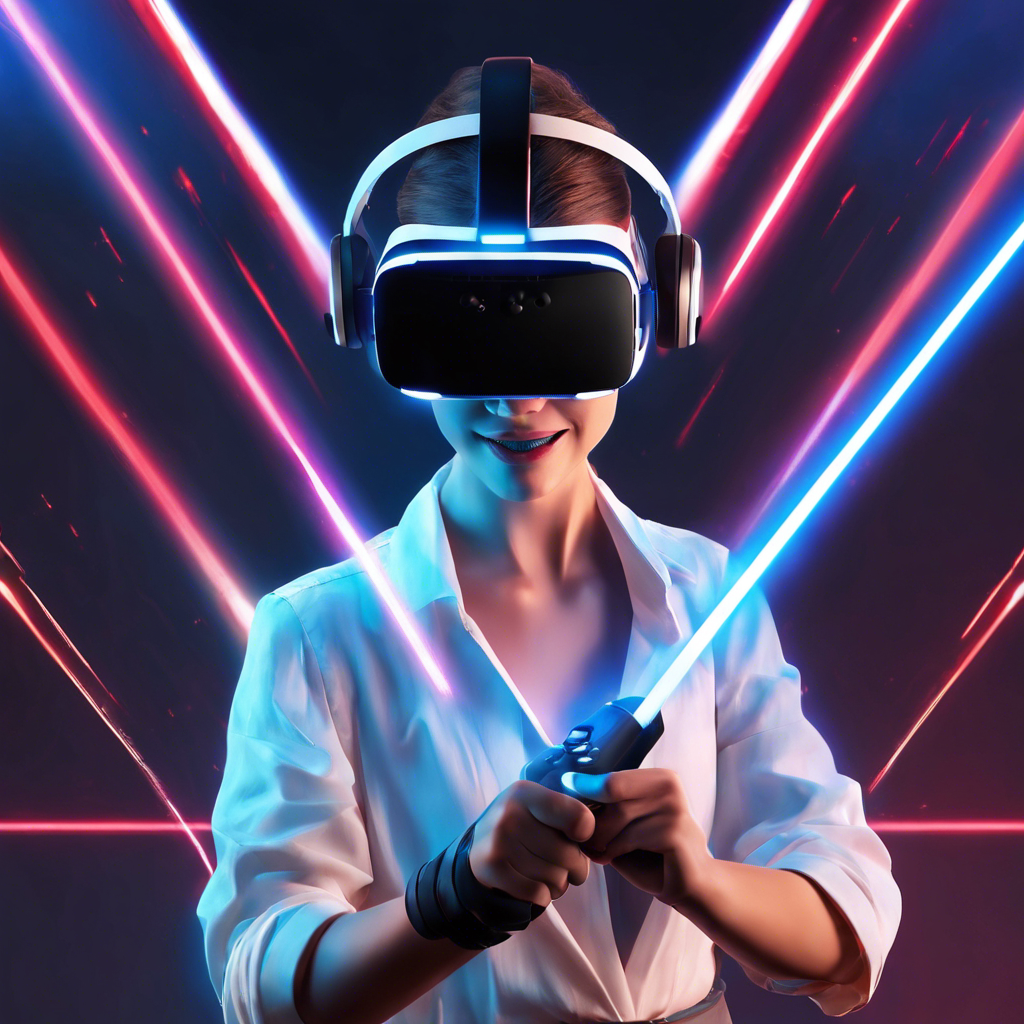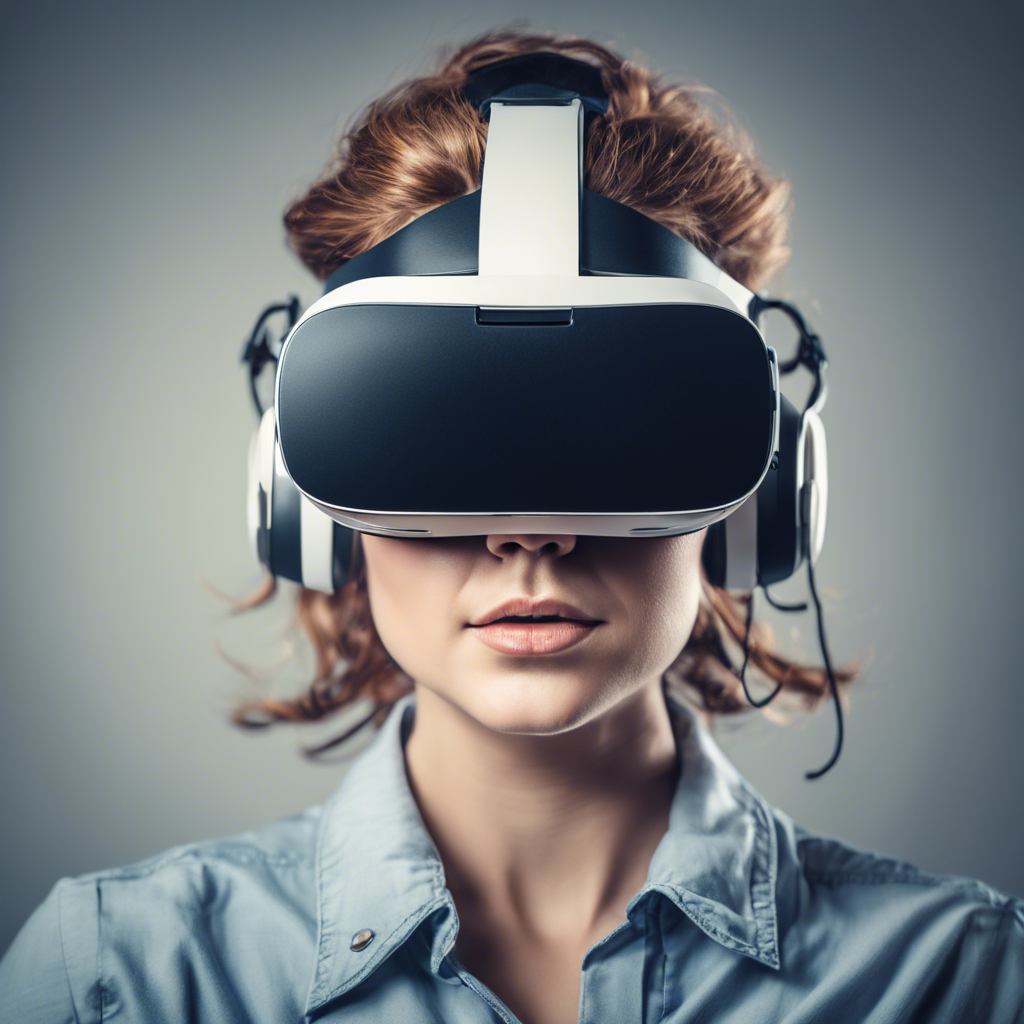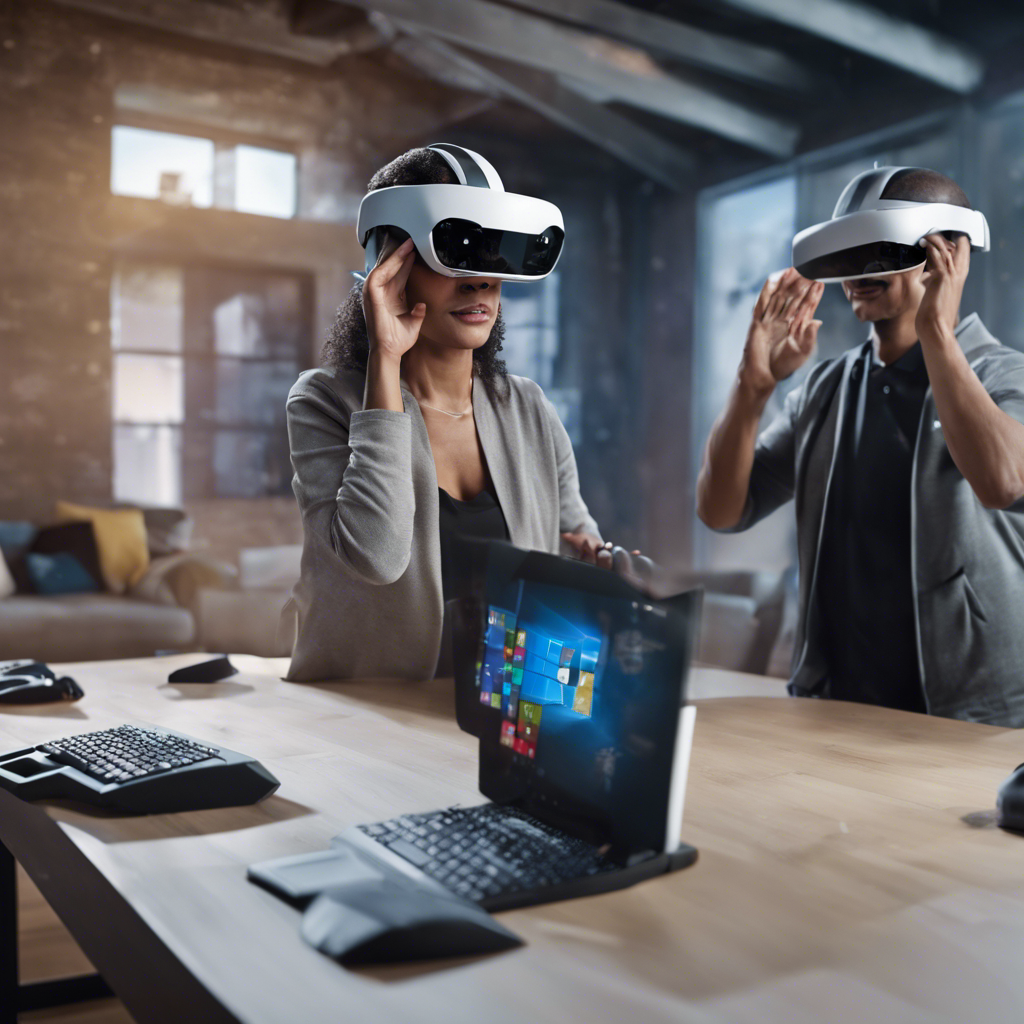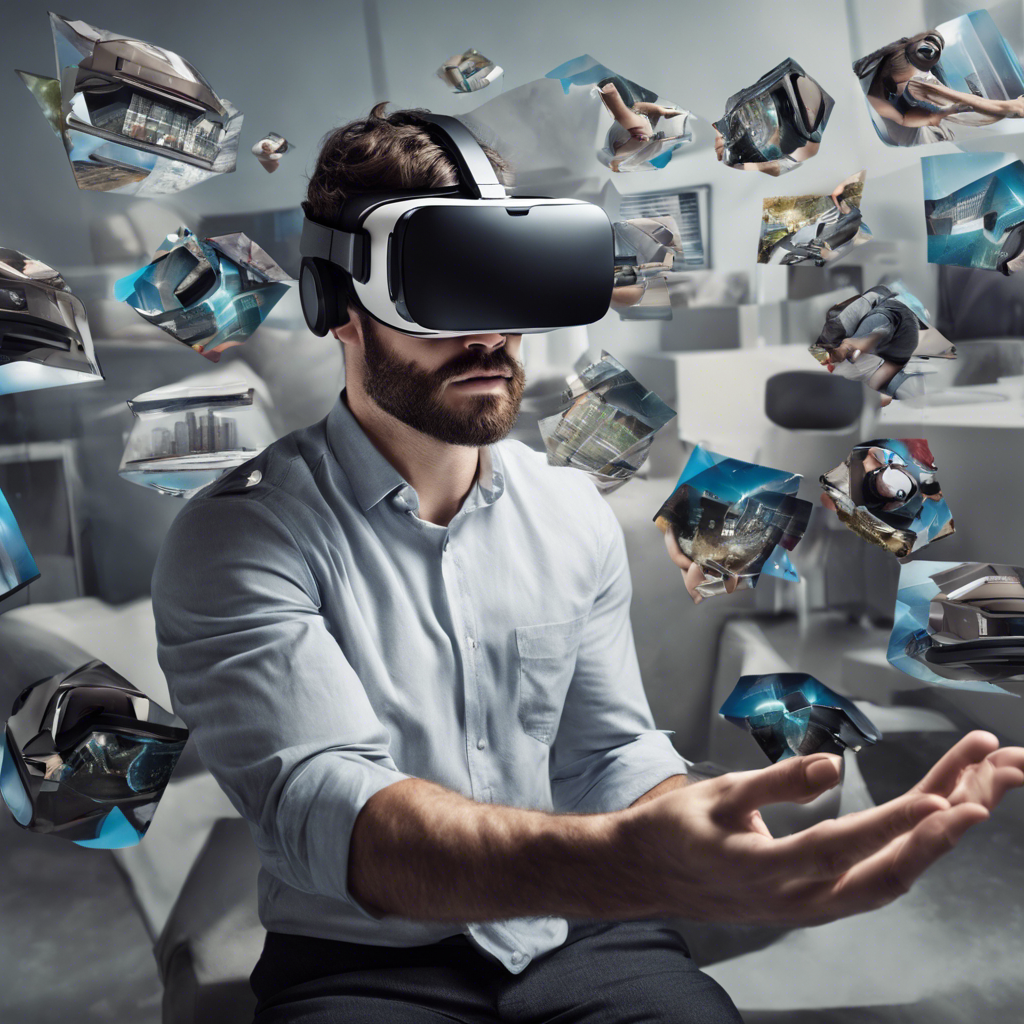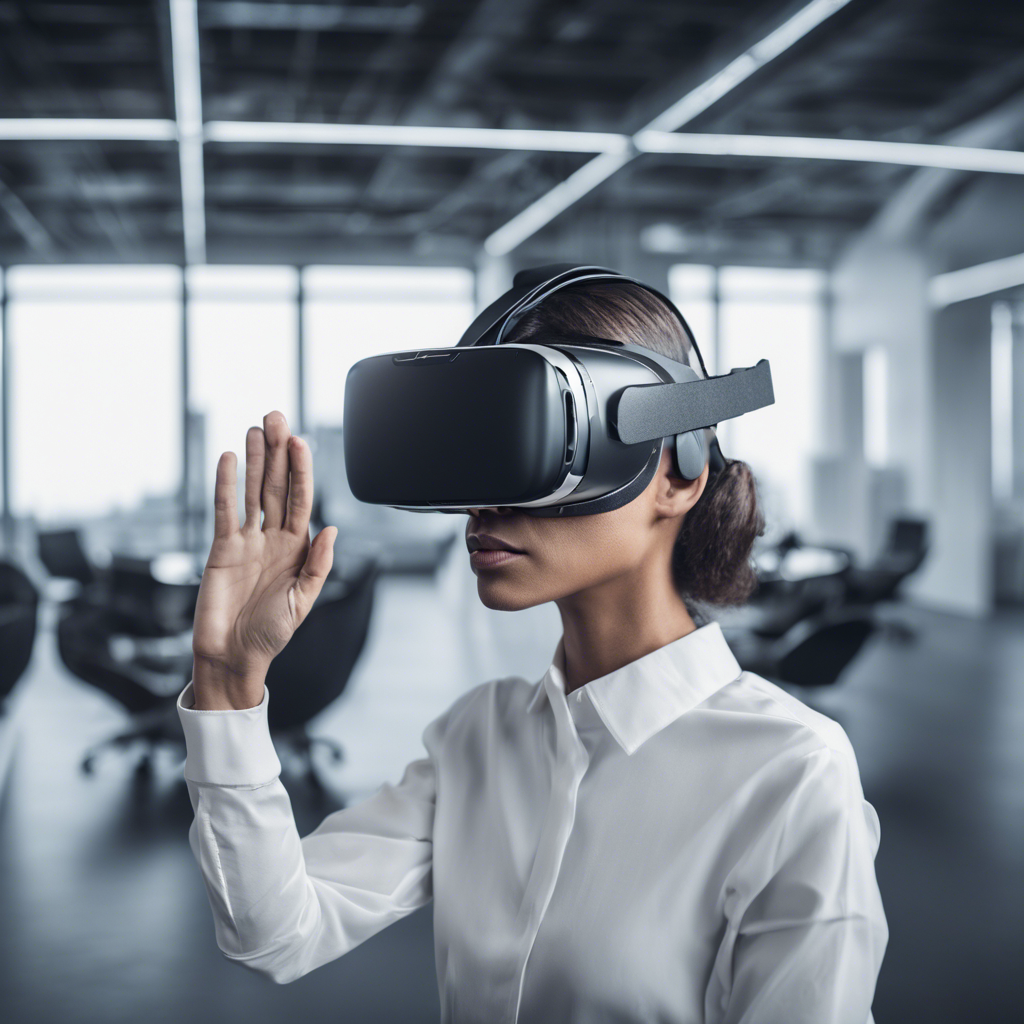A new study explores the impact of virtual reality game “Beat Saber” on cognitive functioning and fine motor skills, revealing promising results for cognitive enhancement.
Virtual reality (VR) has revolutionized the gaming industry, offering users an immersive and interactive experience. In recent years, VR has also gained recognition for its potential in rehabilitation and sports training. A specific type of VR gaming, known as exergaming, combines physical activity with video gaming. Researchers conducted a study to investigate whether VR exergaming, particularly the game “Beat Saber,” could enhance cognitive functions such as observation capacity and attention.
The Rise of Virtual Reality Gaming
Virtual reality is a computer-generated simulation that immerses users in a three-dimensional environment. VR games utilize specialized equipment, such as headsets and motion controllers, to create a realistic and interactive experience. Compared to traditional video games, VR games offer a heightened sense of presence and interactivity.
The Potential of Exergaming
Exergaming, a form of physical activity that combines exercise with video gaming, has gained prominence in recent years. These interactive games require body movement, offering a more engaging approach to fitness. VR exergaming, in particular, has shown promise in enhancing cognitive functions and physical fitness.
The Study Design and Participants
The study involved 11 young and healthy individuals with an average age of 23. Participants were randomly assigned to two training programs: physical training using shadow boxing fitness videos and VR training with the game “Beat Saber.” Before the training, participants completed a series of cognitive tests to assess their baseline cognitive functioning.
The Training Programs
Participants underwent 15-minute training sessions over five consecutive days for each program. In the physical training program, participants followed instructions from shadow boxing fitness videos. In the VR training program, participants played “Beat Saber,” a game where they used virtual swords to cut moving cubes.
The Results
The study found no significant changes in cognitive functions after the physical training program. However, participants showed improvements in selective attention, observation skills, and inhibitory processes after the VR training program. The VR training had a positive impact on cognitive functioning, highlighting the potential of gamified physical training with VR.
Implications and Limitations
The findings suggest that VR exergaming, such as “Beat Saber,” can enhance cognitive functions with a similar or even lower training load compared to traditional physical training. The study emphasizes the added value of VR and gaming in exercise, potentially increasing participants’ adherence to training and allocating cognitive resources to the task. However, the study’s limitations, including a small sample size and short training sessions, should be considered.
Conclusion:
The study demonstrates the potential of VR exergaming, specifically the game “Beat Saber,” in enhancing cognitive functioning and fine motor skills. The findings support the growing recognition of VR as a valuable tool in rehabilitation and sports training. Further research with larger sample sizes and longer training programs is needed to fully understand the extent of VR’s impact on cognitive enhancement. As VR technology continues to advance, its applications in various fields are expanding, promising exciting possibilities for the future.







